Vietnam's e-commerce is considered one of the most dynamic markets in the region. In 2024, the scale of B2C online retail will reach 25 billion USD, up 20% over the previous year and accounting for nearly 10% of the total revenue of consumer goods and services in the country. Within a decade, from 2.97 billion USD in 2014, the market has grown by an average of 20-30% per year, bringing Vietnam to the third position in Southeast Asia in terms of scale and among the five fastest growing countries in the world .
This boom has created great attraction for international investors, while opening up opportunities for small and medium enterprises. By taking advantage of digital platforms, Vietnamese goods can directly reach global consumers. Shoppers also benefit by being able to access countless domestic and foreign products with just one click.
But as e-commerce expands, its environmental impact becomes more apparent. Every online order involves paper, plastic, foam packaging, and a delivery. As orders grow into the millions, packaging waste and shipping emissions become increasingly burdensome.
International experience is a warning. In South Korea, e-commerce waste is 4.8 times higher than traditional shopping. In the US, online shopping consumes seven times more cardboard. In 2020, China generated 70 billion packages, using 11 million tons of paper and plastic packaging, of which nearly 2 million tons were waste plastic.
The World Economic Forum has predicted that, without intervention, by 2030, CO₂ emissions from e-commerce transport could increase by 6 million tonnes, while urban traffic congestion could increase by more than 21%, causing each person to spend an average of 11 minutes more commuting each day.
In our country, in the process of supreme supervision of the implementation of policies and laws on environmental protection, the National Assembly 's Supervisory Delegation has clearly identified the negative impacts of e-commerce on the environment. In addition, in recent times, digital economy and e-commerce policies have still tended to promote growth. Therefore, designing a policy for the development of green and sustainable e-commerce in the draft Law on E-commerce is extremely necessary. Green and sustainable e-commerce not only helps reduce environmental pressure but also enhances the reputation and competitiveness of Vietnamese enterprises in the international market. Global consumers increasingly prioritize environmentally friendly products and socially responsible enterprises, so "greening" e-commerce is an irreversible trend.
The draft Law on E-commerce encourages projects that meet green criteria, promotes environmental protection solutions and applies “green” and “sustainable” identification marks to qualified goods and services. In addition, the draft Law needs to supplement the framework regulations on the extended responsibilities of suppliers, logistics enterprises and manufacturers; while the Law on Environmental Protection and sub-law documents will provide detailed regulations and enforcement sanctions.
E-commerce has proven its power to change the face of retail and drive economic growth. But for this momentum to become a lasting foundation, it needs to move from “fast growth” to “green growth”. This is the strategic path for Vietnam to build a modern, responsible and sustainable economy.
Source: https://daibieunhandan.vn/thuong-mai-dien-tu-huong-toi-phat-trien-xanh-10388007.html



![[Photo] Prime Minister Pham Minh Chinh attends the groundbreaking ceremony of two key projects in Hai Phong city](https://vphoto.vietnam.vn/thumb/1200x675/vietnam/resource/IMAGE/2025/9/27/6adba56d5d94403093a074ac6496ec9d)

























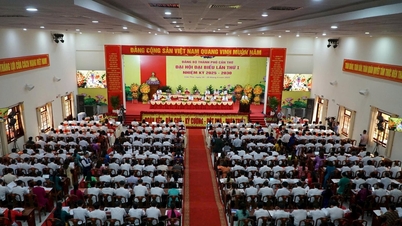

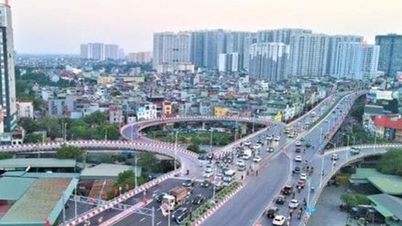































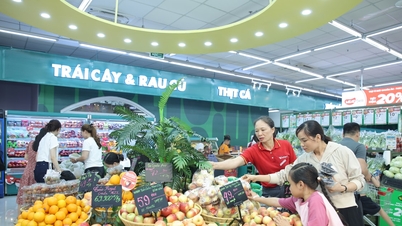

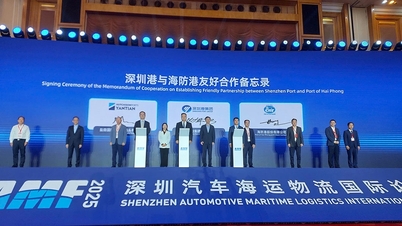









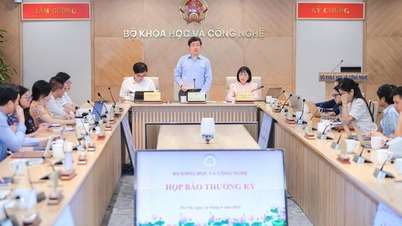





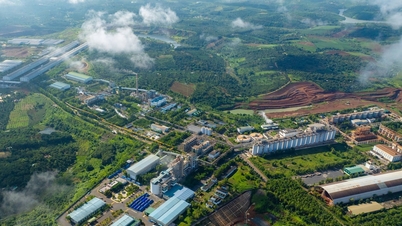


















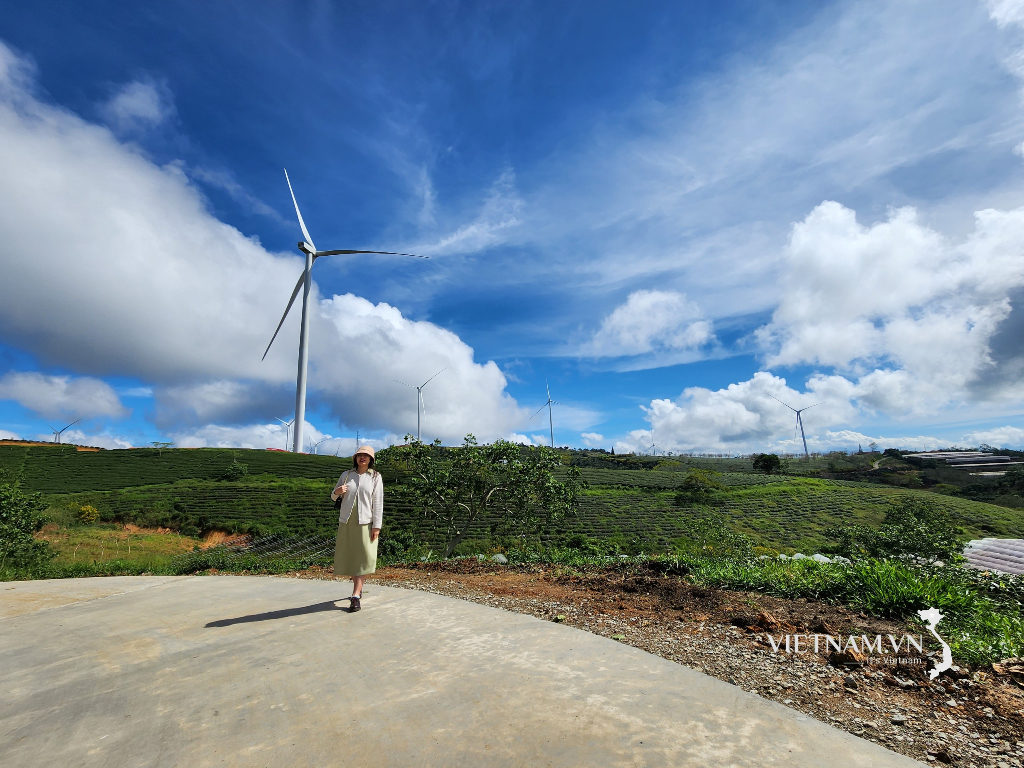
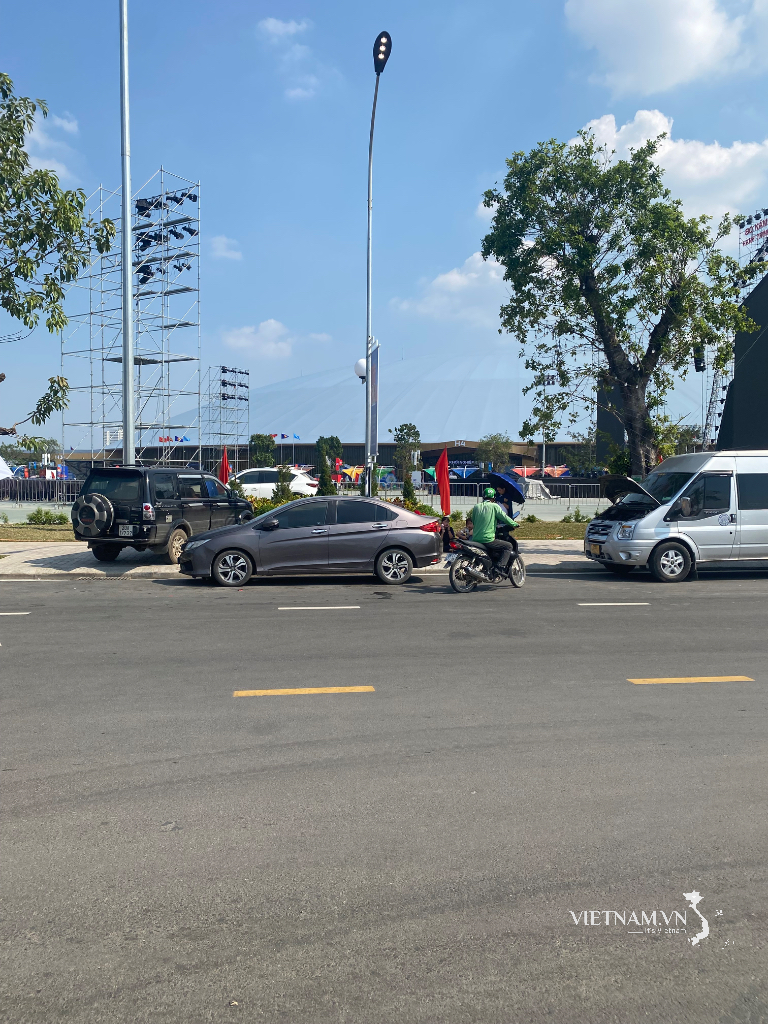


Comment (0)